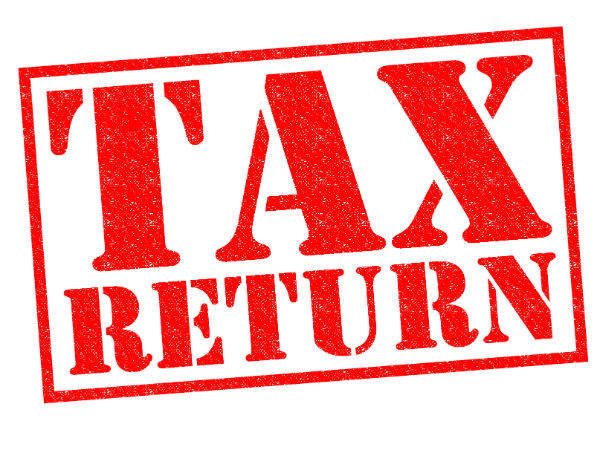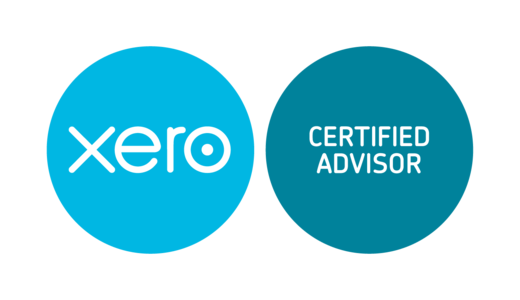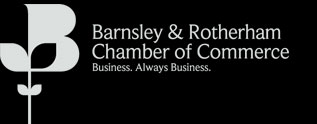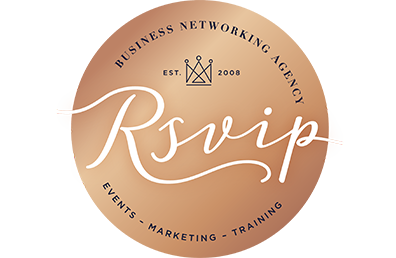Her Majesty’s Revenue and Customs – or more often known as HMRC. Uses many different methods to collect tax and self-assessment (short for self-assessment tax return) is one of these. The term ‘self-assessment’ alludes the fact that it’s the individual’s responsibility to work out how much tax they should pay. However, it’s not always clear who it is who actually needs to submit their tax this way. For example, is it the self-employed, those on high incomes, company directors or everyone? Let’s find out…
not always clear who it is who actually needs to submit their tax this way. For example, is it the self-employed, those on high incomes, company directors or everyone? Let’s find out…
BEFORE WE GO ANY FURTHER
We would always recommend discussing any personal tax & financial matters with a professional – especially if you have any doubts, concerns, or worries. Tax can be very complicated, and mistakes can be very expensive. So we’d always recommend having a quick chat about your finances. This article is very brief and is certainly not intended as a definitive guide to paying tax. However, here at Millhouses Accountancy we are available to give you a hand and advice with your tax. Call us on Sheffield 0114 345 0960 or Nottingham 0115 882 0356
WHAT IS THE TAX YEAR?
A self-assessment tax return covers a one-year period which runs between the 6th April and the following 5th of April every year. The income you’re required to declare and pay tax on is income received during this period. The last tax year started on 6 April 2018 and ended on 5 April 2019.
WHAT ARE THE SELF-ASSESSMENT DEADLINES?
There are several deadlines in relation to filing your self-assessment tax return. There are fines which may be incurred if you miss these.
The deadline for registering for self-assessment if you’re self-employed or a sole trader, not self-employed, or registering a partner or partnership should have been done by 5th October 2019
Submitting your self-assessment on paper – otherwise known as ‘paper tax return’. Should have been done by midnight on the 31st October 2019
Missed the ‘paper tax return’ date? You’ve got until midnight on January 31st 2020 to get this done.
If you need to pay tax, this needs to have been paid by midnight on the 31st January 2020.
If you miss the deadlines to pay, you’ll usually need to pay a penalty. However you can appeal against this if you feel you have a ‘reasonable excuse’.
IS THE DEADLINE EVER ANY DIFFERENT?
You can submit your online self-assessment tax return by 30th December if you want HMRC to automatically collect tax you owe from your wages and pension, however, you must be eligible.
if you’re a trustee of a registered pension scheme or a non-resident company, HMRC must receive a paper tax return by 31 January (you cannot send a return online).
There are also changes sometimes if HMRC email or write to you giving you a different deadline.
PARTNERSHIP RETURNS (IF YOU HAVE A COMPANY AS A PARTNER)
If your partnership’s accounting date is between 1 February and 5 April and one of your partners is a limited company, the deadline for online returns is 12 months from the accounting date and paper returns is 9 months from the accounting date
WHO ELSE NEEDS TO SEND A TAX RETURN?
You must send a tax return if, in the last tax year you were self-employed as a ‘sole trader’ and earned more than £1,000 or if you were a partner in a business partnership
You will not usually need to send a return if your only income is from your wages or pension, however, you may need to send one if you have any other untaxed income, such as:
- Income from renting out a property
- Tips or commission
- Income from savings, investments or dividends
- Any foreign income
Don’t forget you can check with us if you’re not sure!
ARE THERE OTHER REASONS FOR SUBMITTING A SELF-ASSESSMENT TAX RETURN?
You can choose to fill in a tax return to claim some Income Tax reliefs or if you need to prove you’re self-employed (for example to claim Tax-Free Childcare or Maternity Allowance)
If you get Child Benefit and your income (or your partner’s, if you have one) was over £50,000, you may need to send a return and pay the High Income Child Benefit Charge.
ON A FINAL NOTE
Please remember this is only a quick overview of some of the rules and regulations relating to self-assessment tax returns and is not intended to be a definitive guide. However, for tax advice from a professional, please call Millhouses Accountancy on Sheffield 0114 345 0960 or Nottingham 0115 882 0356






